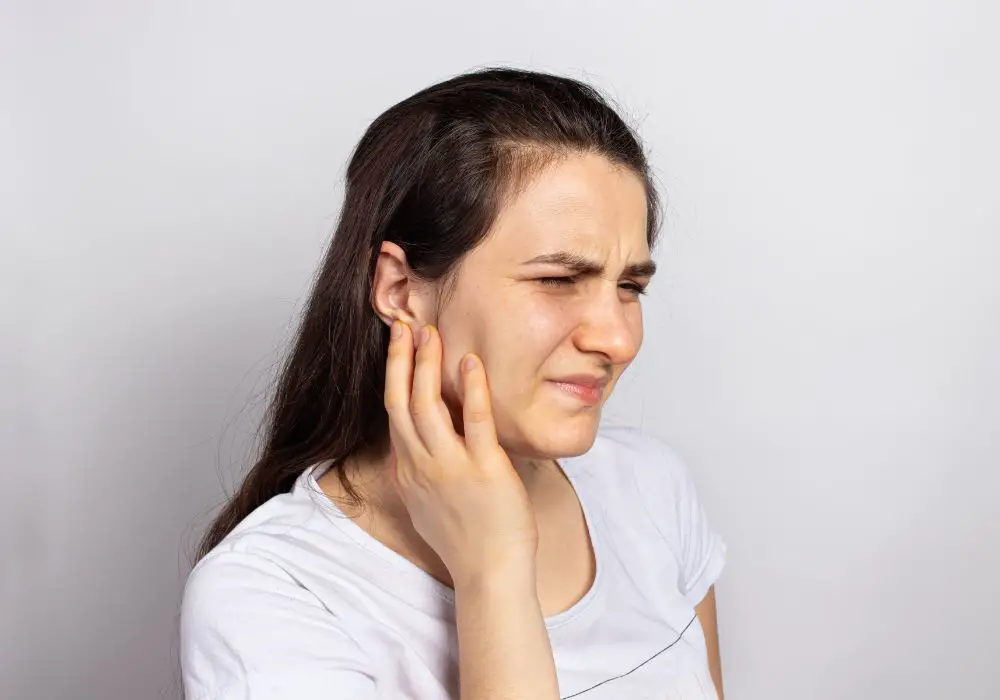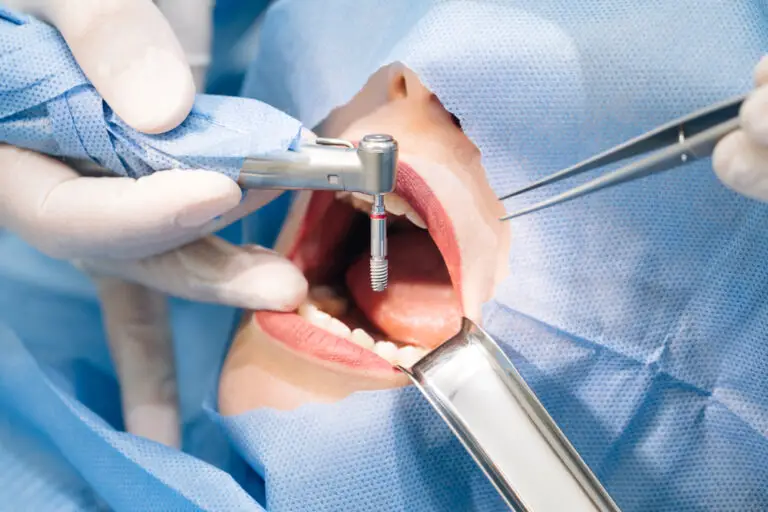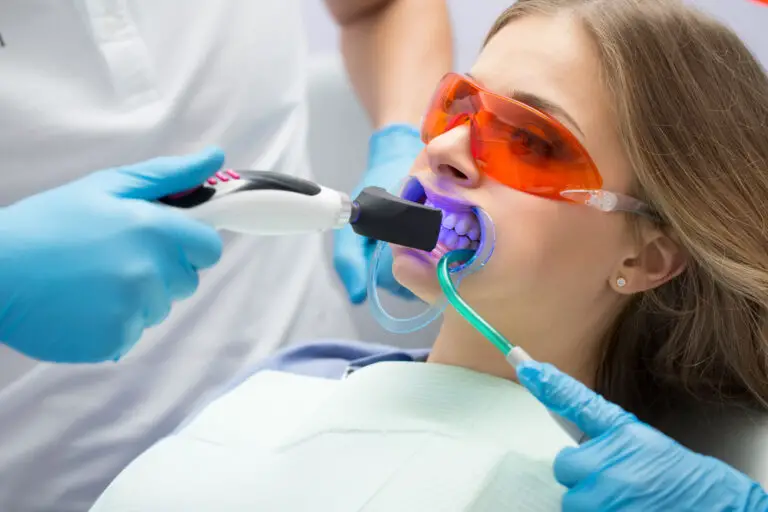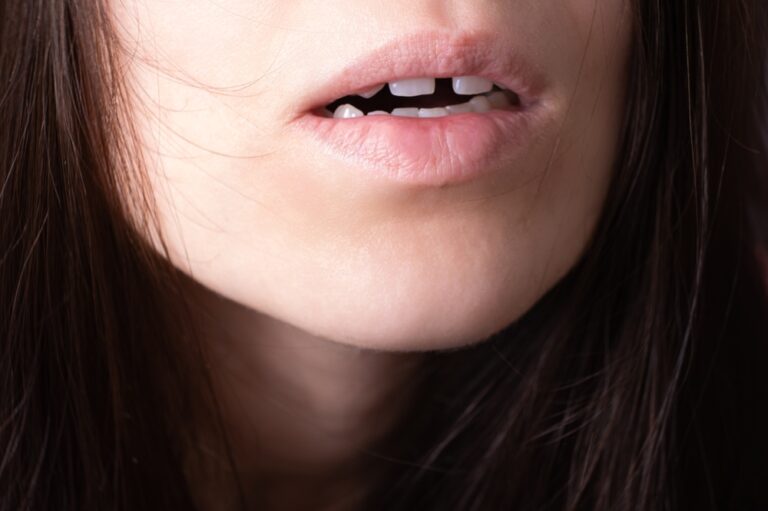Teeth, jaw, and ear pain can be a frustrating and uncomfortable experience. It can be difficult to pinpoint the exact cause of the pain, and it can be even more challenging to determine the appropriate course of treatment. In this article, we will explore the common causes of teeth, jaw, and ear pain, as well as the link between dental issues and ear pain and the connection between jaw disorders and ear pain.
To understand why teeth, jaw, and ear pain occur, it’s essential to have a basic understanding of the anatomy of these areas. The teeth are anchored in the jawbone, which is connected to the skull. The jawbone is responsible for the movement of the jaw, which is essential for speaking and eating. The ear is also connected to the jawbone, and any issues with the jaw or teeth can have an impact on the ear.
There are numerous reasons why teeth, jaw, and ear pain may occur, ranging from dental issues to ear infections. In some cases, the pain may be a symptom of a more serious underlying condition. It’s important to understand the common causes of this pain and when to seek medical attention.
Understanding the Anatomy of Teeth, Jaw and Ear
To understand why your teeth, jaw, and ear may hurt, it is important to have a basic understanding of their anatomy.
Teeth
Teeth are an essential part of the digestive system. They are responsible for breaking down food into smaller pieces, making it easier to swallow and digest. Teeth are made up of different layers, including the enamel, dentin, and pulp. The enamel is the hard, outer layer of the tooth that protects it from damage. The dentin is the softer layer beneath the enamel, and the pulp is the innermost layer that contains nerves and blood vessels.
Jaw
The jaw, or mandible, is the bone that supports the lower teeth. It is connected to the skull by two temporomandibular joints (TMJ) on each side of the head. These joints allow the jaw to move up and down and side to side, making it possible to talk, chew, and yawn.
Ear
The ear is a complex organ that is responsible for both hearing and balance. It is made up of three parts: the outer ear, middle ear, and inner ear. The outer ear is the visible part of the ear that collects sound waves. The middle ear is the space behind the eardrum that contains three small bones, or ossicles, that vibrate in response to sound waves. The inner ear is the part of the ear that contains the cochlea, a snail-shaped organ that converts sound waves into electrical signals that are sent to the brain.
In summary, the teeth, jaw, and ear are all interconnected and work together to facilitate the process of chewing and digestion. Understanding their anatomy can help you better understand why you may be experiencing pain or discomfort in these areas.
Common Causes of Teeth, Jaw and Ear Pain
Teeth, jaw and ear pain can be caused by a variety of factors, including:
- Oral infections: A tooth abscess can sometimes cause pain that radiates to the ear or jaw. In most cases, a person will also have swelling in the gums or tender spots in and around the affected tooth.
- Temporomandibular joint disorder (TMJ): This condition affects the joint that connects the jawbone to the skull. It can cause pain in the jaw, ear and temple area, as well as difficulty opening and closing the mouth.
- Bruxism: Teeth grinding or clenching can cause pain in the jaw and ear, as well as worn down teeth and headaches.
- Osteoarthritis: This is the most common type of arthritis in the TMJ and can cause pain and stiffness in the jaw joint.
- Sinusitis: Inflammation of the sinuses can cause pain in the upper teeth and jaw, as well as pressure and congestion in the ears.
If you are experiencing teeth, jaw or ear pain, it is important to see a doctor or dentist to determine the underlying cause and receive appropriate treatment.
Link Between Dental Issues and Ear Pain

Dental issues can cause pain in the ear and jaw. The temporomandibular joint connects the jaw to the skull and is located next to the ear. Therefore, any problems with this joint can lead to ear pain. Here are some dental issues that can cause ear pain:
Impact of Tooth Decay
Tooth decay is a common dental issue that can cause ear pain. When tooth decay reaches the pulp of the tooth, it can cause an infection that can spread to the surrounding bone and tissues. This can lead to pain in the ear and jaw. If left untreated, the infection can spread to other parts of the body and cause serious health problems.
Effect of Gum Disease
Gum disease is another dental issue that can cause ear pain. Gum disease is caused by the buildup of plaque and bacteria on the teeth and gums. If left untreated, it can lead to the destruction of the bone and tissues that support the teeth. This can cause pain in the ear and jaw.
To prevent dental issues that can cause ear pain, it is important to maintain good oral hygiene. This includes brushing your teeth twice a day, flossing daily, and visiting your dentist regularly. If you experience ear pain or any other symptoms, it is important to see your dentist as soon as possible.
Connection Between Jaw Disorders and Ear Pain
Ear and jaw pain are commonly associated with each other. In some cases, the pain may be caused by a problem in the temporomandibular joint (TMJ). This joint connects the jawbone to the skull and is responsible for the movement of the jaw. When there is a problem with the TMJ, it can cause pain in the jaw, ear, and even the neck.
Temporomandibular Joint Disorder
Temporomandibular joint disorder (TMD) is a condition that affects the TMJ. It can cause pain and discomfort in the jaw, ear, and surrounding areas. Some of the common symptoms of TMD include:
- Pain or tenderness in the jaw
- Pain in one or both of the temporomandibular joints
- Aching pain in and around the ear
- Difficulty chewing or pain while chewing
- Aching facial pain
- Locking of the joint, making it difficult to open or close your mouth
TMD can be caused by a variety of factors, including bruxism (teeth grinding), trauma to the jaw, arthritis, and displacement of the jaw joint disks. Treatment options for TMD may include pain medication, physical therapy, and in some cases, surgery.
Bruxism
Bruxism is a condition where a person grinds or clenches their teeth, often while they sleep. This can cause a lot of strain on the jaw muscles and the TMJ, leading to pain and discomfort in the jaw, ear, and surrounding areas. Some of the common symptoms of bruxism include:
- Headaches
- Sore jaw muscles
- Pain in the jaw, ear, and surrounding areas
- Tooth sensitivity
- Cracked or chipped teeth
Treatment options for bruxism may include wearing a mouthguard at night to prevent teeth grinding, stress management techniques, and in some cases, dental work to repair damaged teeth.
In conclusion, there is a strong connection between jaw disorders and ear pain. If you are experiencing any pain or discomfort in your jaw or ear, it is important to see a healthcare provider for an accurate diagnosis and treatment plan.
Ear Conditions That Can Cause Jaw and Teeth Pain

Ear Infections
Ear infections are a common cause of ear, jaw, and teeth pain. The pain is caused by the inflammation and pressure that builds up in the ear. The pain can be severe and may radiate to the jaw and teeth. Other symptoms of an ear infection may include:
- Fever
- Ear discharge
- Difficulty hearing
- Ringing in the ears
- Dizziness
If you suspect you have an ear infection, it is important to see a doctor. They can prescribe antibiotics to clear up the infection and relieve your pain.
Eustachian Tube Dysfunction
The Eustachian tube is a small tube that connects the middle ear to the back of the nose and throat. When the tube is blocked, it can cause pain in the ear, jaw, and teeth. Eustachian tube dysfunction can be caused by:
- Allergies
- Sinus infections
- Smoking
- Airplane travel
Treatment for Eustachian tube dysfunction may include:
- Nasal decongestants
- Antihistamines
- Steroid nasal sprays
- Antibiotics for sinus infections
In severe cases, surgery may be necessary to relieve the blockage.
If you are experiencing ear, jaw, or teeth pain, it is important to see a doctor to determine the underlying cause. They can recommend appropriate treatment to relieve your pain and prevent further complications.
When to Seek Medical Attention
If you are experiencing persistent pain or tenderness in your teeth, jaw, or ear, it is important to seek medical attention. Below are some symptoms that you should not ignore and the importance of early diagnosis.
Symptoms Not to Ignore
- Severe pain that does not go away with over-the-counter pain relievers
- Pain that wakes you up at night
- Difficulty opening or closing your mouth
- Clicking or popping sounds when you open or close your mouth
- Swelling or tenderness in your face or jaw
- Ear pain that is not related to an ear infection
- Fever or chills
If you experience any of these symptoms, it is important to see a healthcare professional as soon as possible. Ignoring these symptoms can lead to more serious health problems.
Importance of Early Diagnosis
Early diagnosis is important to prevent the progression of dental or jaw problems. If left untreated, dental or jaw problems can lead to complications such as:
- Chronic pain
- Difficulty eating or speaking
- Tooth loss
- Gum disease
- Infections
- Bone loss
Early diagnosis can also help prevent the need for invasive treatments such as surgery. If you are experiencing symptoms, it is important to see a healthcare professional as soon as possible to prevent further complications.
Remember, if you are experiencing persistent pain or tenderness in your teeth, jaw, or ear, seek medical attention. Early diagnosis can prevent further complications and improve your overall health.

Frequently Asked Questions
What are some home remedies for pain in the right side of the face, jaw, and ear?
Some home remedies that may help alleviate pain in the right side of the face, jaw, and ear include applying a warm compress, practicing relaxation techniques, avoiding hard or chewy foods, and taking over-the-counter pain relievers.
What could be causing ear and jaw pain on one side?
There are several possible causes of ear and jaw pain on one side, including temporomandibular joint (TMJ) disorders, tooth infections, ear infections, sinus infections, and even certain types of cancer. If you are experiencing persistent or severe pain, it is important to consult with a healthcare professional.
Can COVID cause ear and jaw pain on one side?
While COVID-19 is primarily known for causing respiratory symptoms, some people have reported experiencing ear and jaw pain as a result of the virus. However, it is important to note that there are many other potential causes of ear and jaw pain, and a healthcare professional can help determine the underlying cause.
How can I stop my jaw and ear from hurting?
Some ways to alleviate jaw and ear pain include practicing good oral hygiene, avoiding hard or chewy foods, practicing relaxation techniques, and taking over-the-counter pain relievers. In some cases, a healthcare professional may recommend more advanced treatments, such as physical therapy or surgery.
When should I worry about tooth and jaw pain?
If you are experiencing persistent or severe tooth and jaw pain, it is important to consult with a healthcare professional. This is especially true if you are also experiencing other symptoms, such as fever, swelling, or difficulty opening your mouth.
What are some possible reasons for teeth and ear pain?
There are several possible causes of teeth and ear pain, including tooth infections, ear infections, sinus infections, TMJ disorders, and even certain types of cancer. If you are experiencing persistent or severe pain, it is important to consult with a healthcare professional to determine the underlying cause and receive appropriate treatment.






